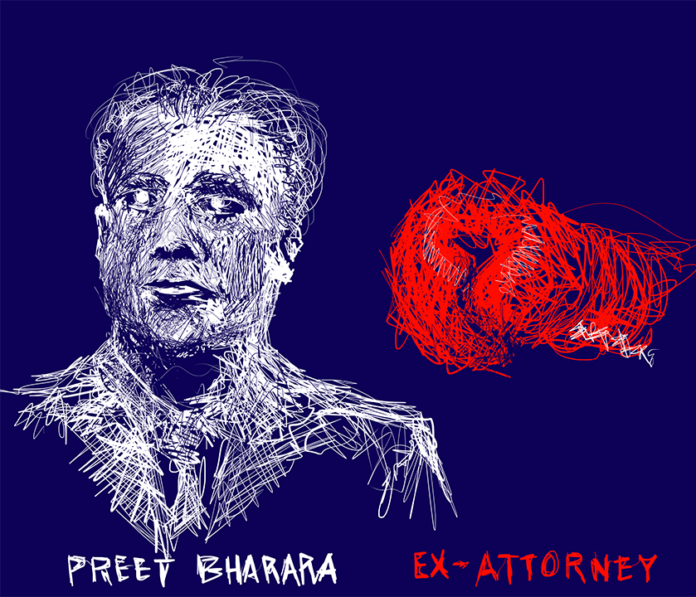On Friday, March 10, 46 United States Attorneys were let go from their positions by president Donald Trump. While 47 U.S. Attorneys had already left their office during the presidential transition, the decision to push the remaining attorneys out was met with outrage from the public and backlash from the attorneys themselves. But despite the complaints from the people and the officeholders, President Trump did nothing illegal, wrong or even unusual in releasing the U.S. Attorneys.
According to the United States Attorney’s Office, U.S. Attorneys are federal litigators who represent the legal entity of the United States in any cases in which the U.S. is involved. There are 93 U.S. Attorneys who work under the Attorney General and serve terms of four years.
In 1993, when former president Bill Clinton took office, he requested that his U.S. Attorney General Janet Reno remove all 93 U.S. Attorneys from their positions, which she followed through with, completely overturning the placements that former president and opposing party member George H.W. Bush had made. George W. Bush also replaced many of the Clinton-appointed attorneys. In reality, this concept of “cleaning house” dates all the way back to former president Ronald Reagan. Each president since then has done it, and each president has the opportunity to do it after Trump. So why is the nation making such a big deal about Trump having his turn?
Since his election, Trump has had a rough road. With his supporters and his opponents analyzing both his every move and the rising tensions between parties over social and economic issues, it comes as no surprise that Trump has faced some serious backlash over his decisions in office. The real reason people are taking issue with Trump and Attorney General Jeff Sessions is their choice releasing all the remaining U.S. Attorneys at once, with little warning and a lack of proper protocol.
For example, according to a CNN article published on March 12, Preet Bharara, U.S. Attorney for the Southern District of New York, was angered by the fact that there was seemingly no cause for his release and that he was originally told he could remain in his position by the president himself. Bharara, along with two other U.S. Attorneys were blindsided by the attorney general’s decision to remove them from their positions, and Bharara ultimately decided to take a stand against this abrupt and startling move and refused to resign quietly, instead forcing Trump to fire him, and then posted about the entire situation on Twitter.
Bharara has plenty of reason to be upset at how this was handled because he and the other 46 U.S. Attorneys who were asked to resign were given little notice to wrap up loose ends. Many still have cases open, including Bharara, who has an open investigation into Fox News, which has recently been taken to court, despite Bharara’s release. Many also believe that they should have been allowed to carry out their full terms to continue their work in making their cities a better place, such as Zachary Fardon, the U.S. Attorney of Chicago, who issued an open letter to the Justice Department before his resignation last week.
While the frustrations of the U.S. Attorneys Office are completely justified, and perhaps Trump and Sessions could have been more lenient in their decision, their decision has been made, and it should not have come as such a surprise. The precedent was set with Reagan, and the media has blown this situation out of proportion and misled the public. The never-ending tirade of bad press has not only caused damage to the president and his cabinet, but also has drawn the divide in the country even wider.
All the choices individuals, corporations and countries make have consequences, and each group has a responsibility to recognize those consequences. For the media, this means including all the details, whether they make the story exciting or not. Making sure to include a simple sentence in the story saying that “all presidents since Reagan have done this same thing” would help the readership understand the history of this removal and would relieve some of the public’s criticism about its bias.
For the American people, this means truly reading into the story before jumping to conclusions and condemning people who were just doing their job.
For the U.S. Attorneys, this means knowing when to fight and how to fight and remembering that their duty is to serve the United States to their fullest capacity, despite their opinions on its leader.
And for the president, this means remembering this country can’t revolve around an “us” versus “them” mentality and that what may be better for our country is giving people the time and space they need to do their jobs well, instead of “cleaning house” in an attempt to gain support for a certain “side.”






